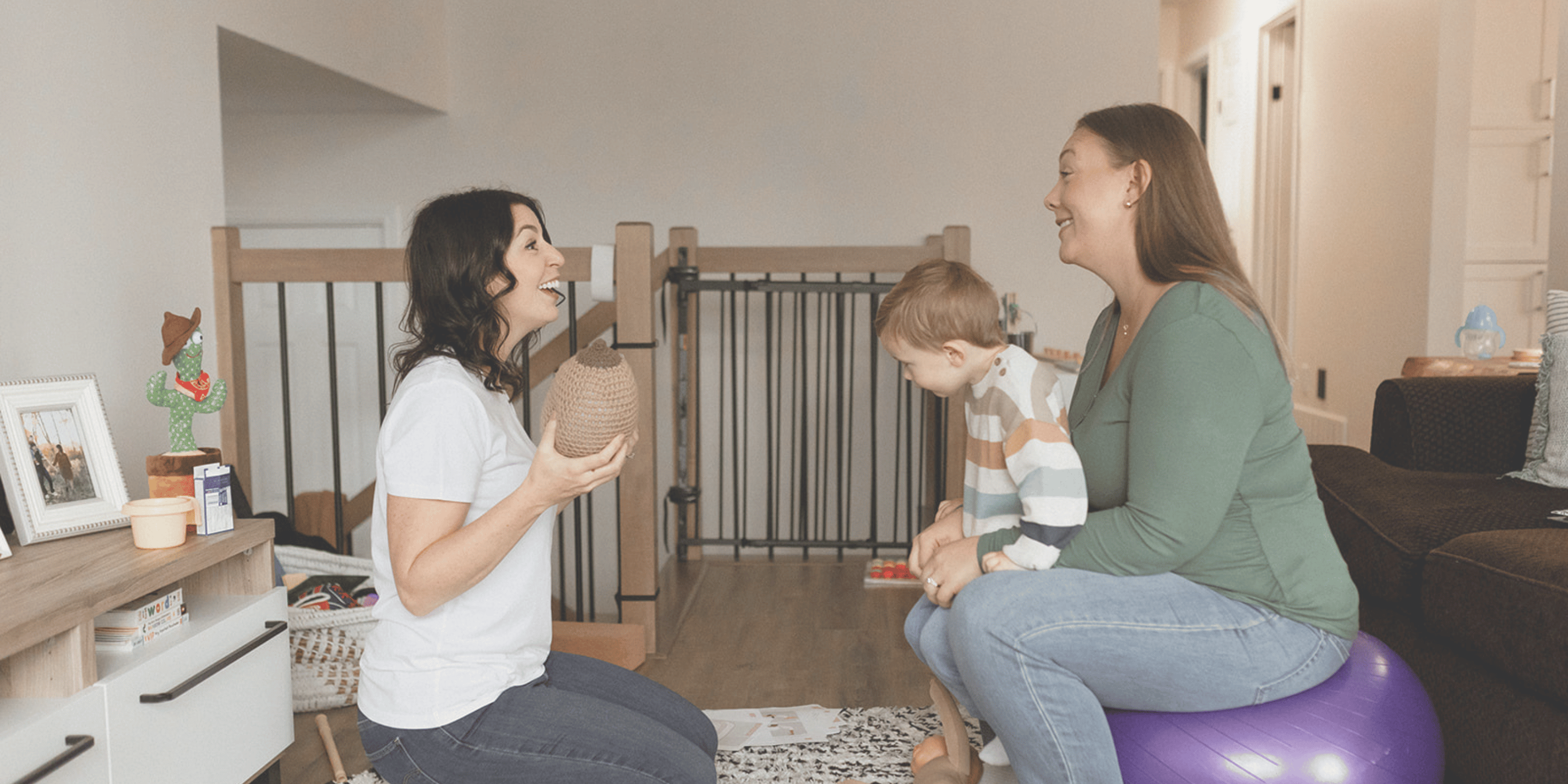Understanding and Navigating the Emotional and Physical Changes
We plan and plan and plan for our babies. We read books, we go to appointments, we research products and services and we dream about our babies and what our lives will look like after they arrive.
What we don’t do enough – is plan for the postpartum period (you know – that time period AFTER your baby is born!) and all the physical and emotional changes that come with it.
So what can we expect in the first 12 weeks postpartum? Or at this time period is commonly referred to as the 4th Trimester?

Physical Changes
Lochia
Pronounced “laa·kee·uh” – This is the vaginal bleeding that happens after birth. It’s the body’s way of shedding the lining of the uterus and healing the area where the placenta was attached. It consists of blood, mucus, and uterine tissue and you can expect it to last approximately six weeks (starts off heavy, with clots and then progressively becomes lighter and less blood).
Tips: Do not use any tampons at this stage, only menstrual pads. Always call your healthcare provider if you see clots bigger than a toonie once you’re at home.
Breast Fullness or Engorgement
Your breasts will swell as your breast milk comes in, usually between days 3-5 postpartum. Although many women describe their breasts as engorged at this stage – breast FULLNESS is normal and means you can compress your breasts. Whereas with engorgement, your breasts are HARD like a rock.
Tips: To prevent engorgement, breastfeed your baby on demand (that means frequently!), and get lactation support if you need it, early!
Perineal Swelling and/or Pain
Vaginal childbirth can cause swelling in your perineal area, and you can expect to be sore for a few weeks down there.
Tips: Postpartum foams or sprays with Witch Hazel can feel cooling and comfortable down there. Some women will even make their own padsicles.
After pains
After your baby is born, your uterus has to return to its normal size and shape. You will feel normal abdominal pains as your uterus contracts (especially if you’re breastfeeding) and gets smaller after birth.
Tips: Applying heat to the area often alleviates much of this pain. Add a hot water bottle or electric heating blanket to your hospital packing list.
Sore Nipples
Learning how to breastfeed is hard. We don’t always know what we’re doing or get our latch right. There is also an increase in friction we’re not used to on our nipples which can make them sore at first.
Tips: Take a prenatal breastfeeding class to learn about how to breastfeed before your baby is born. Get help early if you’re finding breastfeeding painful.
Emotional Changes
Influenced by lack of sleep
Tips: You’ve just been in labour for likely more than 24 hours, and you haven’t slept, and now your sleep-deprived body is responsible for a new little baby! Take time to take naps regularly, and although the whole “sleep when the baby sleeps” saying is annoying – there is some truth to it. If you’re scrolling through Instagram when you should be sleeping – you’re missing out on an opportunity to get some much-needed rest.
Influenced by hormonal changes
Tips: We have big mood swings caused by your body recognizing that you no longer are growing a baby in your body. This swing can cause emotional effects. There isn’t much we can do about this but follow general postpartum tips for healing our body, soul and mind through this transitional phase.
Personal and familial relationships will change
Tips: You are a new family unit – you and your partner (if applicable) will be learning your boundaries with your now extended family (your parents, siblings, grandparents etc.) Talk about this with your partner in your pregnancy if possible. Who is coming to visit, and when. What rules may you have (think washing hands before holding the baby, or no secondhand smoke, etc). and decide together how you will tell your family members.
Nutrition
What you eat or don’t eat can impact mood and extreme changes in time and availability to prepare food in the early postpartum period makes eating healthy harder.
Tips: This is a really easy thing to plan for while you are still pregnant. Start preparing easy freezer meals. Think about grocery shopping online and having friends or family pick it up, or drop off meals to you in the early postpartum period.
How can you Prepare?
Planning for support, and a healthy postpartum period is an essential part of your pregnancy journey. Don’t wing this part – you’re only going to struggle more after the baby is born. If you’re looking for feeding or sleep or just general newborn support after your baby is born – check out my support packages or one off virtual visits. It’s normal to need help, so use your resources during this amazing/scary/exciting time of your life.



